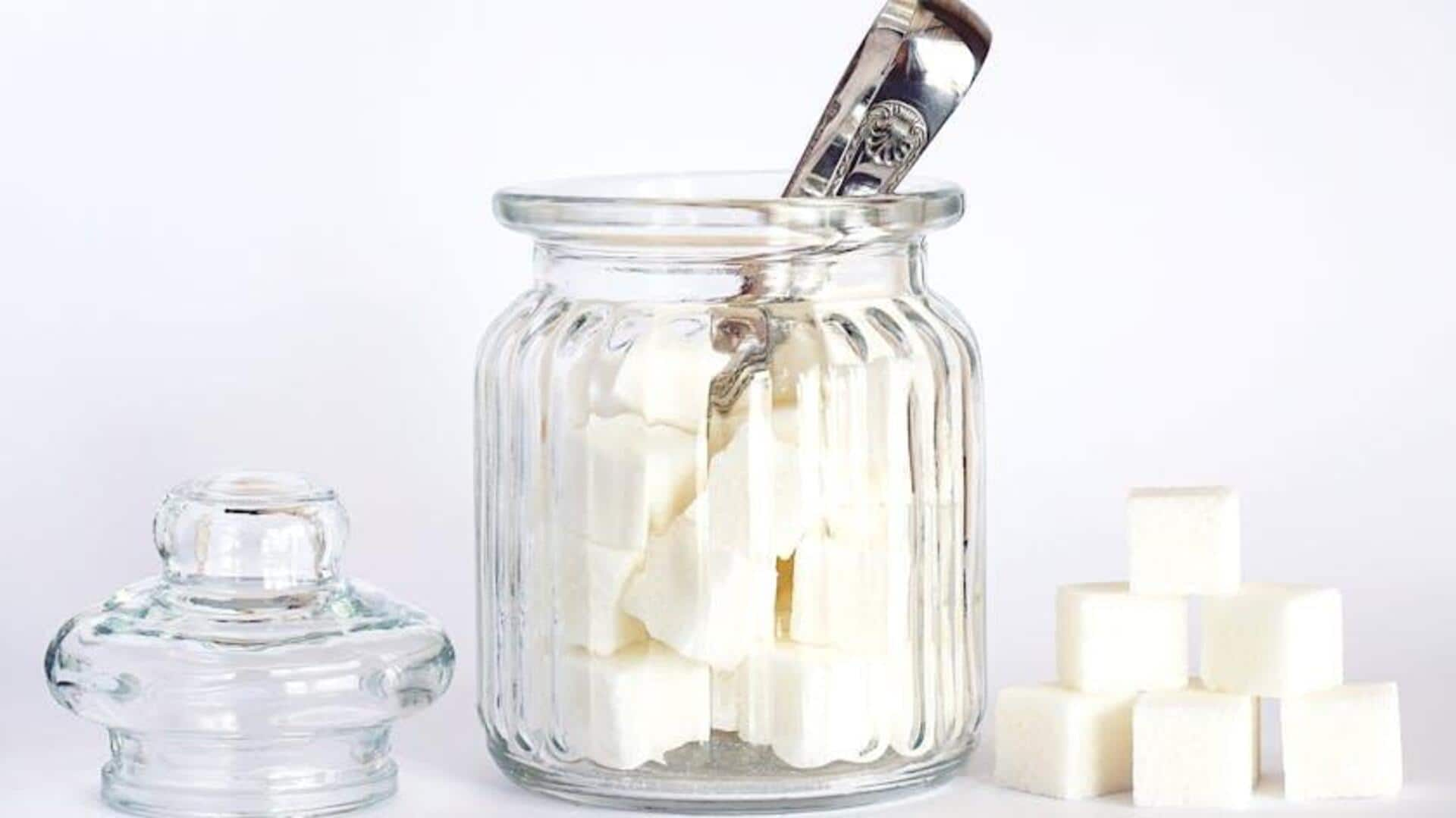
Does sugar lead to hyperactivity? Here's the truth
What's the story
Most of us believe sugar makes kids hyperactive, but science does not back this. In this article, we delve into how this myth was born and what research says to shed some light on how sugar affects the behavior of children. With a fact-based approach, we will bust the baseless myth and give you a clearer view of sugar's relation with childhood hyperactivity.
Historical context
Origins of the sugar myth
The belief that sugar causes hyperactivity took root in the 1970s. Back then, dietary concerns and behavior were on the rise. A few parents and professionals associated sugary foods with hyperactivity in children. However, these initial beliefs were more anecdotal than scientific. Thus, the myth continued to thrive despite being devoid of empirical evidence.
Research findings
Scientific studies on sugar intake
Numerous studies have investigated the relationship between sugar consumption and hyperactivity in kids. Most of them found no significant link between sugar intake and increased activity levels or behavioral changes. Controlled experiments often show that when parents believe their kid has consumed sugar, they perceive them as more active, regardless of actual intake.
Perception vs reality
Psychological factors at play
Parental expectations also play a role in how people perceive kids' behavior after eating sugar. If a parent has the expectation that their child will get hyper after eating sweets, they may perceive normal energetic behavior as hyperactivity. This expectation bias is a major factor in perpetuating the myth, even when scientific research tells otherwise.
Other influences
Alternative explanations for hyperactivity
While sugar itself doesn't make kids hyper, other elements may play a role in children's behavior after consuming sugary treats. Fun places, such as parties or occasions where sweets are eaten, can easily contribute to kids' energy levels. This is because of excitement, and not dietary content alone, resulting in such behaviors noted by adults during those events.